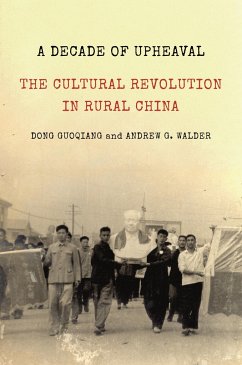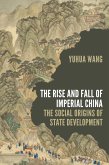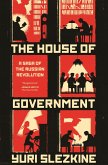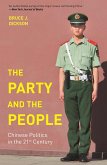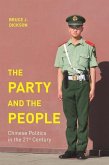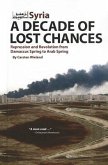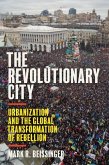"Based on an unusually broad and deep range of primary sources (including work diaries, interviews with key informants and military officers, and official and unofficial documents), this book systematically examines the structure of political conflict in China's the poor and relatively remote Feng County during the decade-long period that began with the Red Guard movement in 1966 and ended with the death of Mao Zedong and the "Gang of Four" in 1976. It is the first to focus on county-level politics during this decade, and it reveals a surprising level of social and political disruption that continued almost without end throughout the 10-year period. These dramatic events run very much against the grain of a longstanding scholarly consensus that the upheavals of the Cultural Revolution were primarily an urban phenomenon. This rural county was as deeply disrupted by ongoing factional struggles as any documented locality in China. The book is structured chronologically, in short chapters that take the reader through the unfolding factional warfare that took place in the county, reflecting both on how the conflict reflected national trends during the period as well as and the ways in which Feng County's experience appears to be unusual. Ultimately what emerges is a painstaking chronicle of how one rural county experienced the Cultural Revolution--illuminating the all-encompassing nature of the Cultural Revolution and bringing attention to the overlooked rural experience"--

